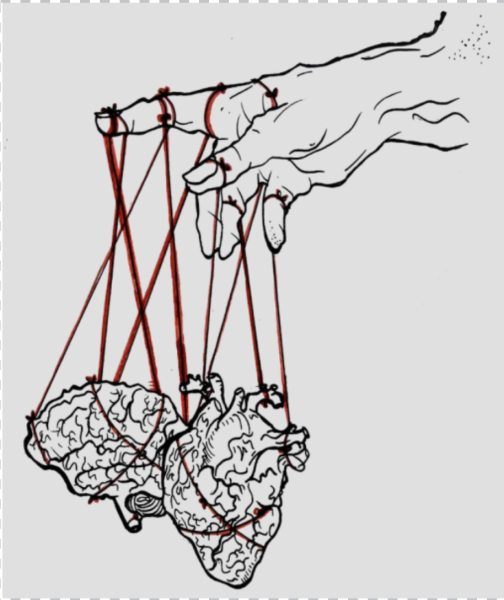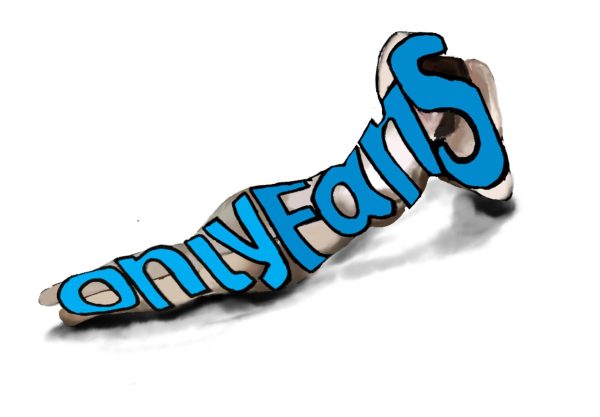The State of Feminism at ISL
A study carried out by UN Women UK found that 97% of women aged 18-24 have been sexually harassed. 97%. While this study was conducted on a small sample size, including issues some would consider trivial, such as staring, we need to fix this.
When evaluating the current discourse of feminism, we must start with our little ISL bubble. We must examine ourselves and our own behaviours before we draw out and start dissecting others’. Contrary to popular belief, our high school has its merits, and it is important to acknowledge the positive things about how we are handling the conversation at the moment.
I am glad that we are talking about this. I have heard and partaken in numerous constructive conversations surrounding feminism, street sexual harassment, how we can solve these problems and the harm of microagressions towards women. We must equally congratulate and applaud the young women who are coming forward within the ISL community, to speak about their personal experiences or recognizing the power of their voice, opening up a space for discussion.
I would finally like to recognize the few young men that are also using their voices for good. The unfortunate reality is that I must specify “few”. These individuals have spoken up, risking ostracism from their friends or peers and have asked: “What can we do?” “What is our responsibility?” To the few who have done this, I would like to take this opportunity to thank you, on behalf of many young women.
Nevertheless, it would be foolish of me to pretend like we are doing everything right. Women need to be able to feel as safe as men do. They should not have to be leading these discussions on how their sexual abuse and why its detrimental to society. We must do better. In our tiny bubble, we are making some harmful mistakes that set us back. These can easily be worked on and can serve open the conversation up to all, rather than pushing people away.
First and foremost, language matters. Regardless of how you use a word, its connotations cannot be ignored. Thus, categorizing is hindering the discourse the most. Grouping “all men” or “all women” is ignorant; it is alienating both groups, creating a divide, even between the men that do good, and the women that do harm. It is not all men. It is not all women. Just too many of both. Too many women are victims. Too many men are perpetrators. But not all. We must be careful with how we use language or we risk harming this cause.
Women are victims, but are sometimes also hindering their cause. Man-hating has become culture and is painfully counterproductive: “I hate men” is a phrase that I hear too often. Oftentimes, those who say this mean no harm. But it is creating an environment where young men feel ashamed. Should they be seeking to help and join the discourse, man-hating makes them feel out of place and guilty. This is the opposite of what we need: we need these young men. Women, I implore you, think. Your words come from an understandable place of hurt, but if we want change, we cannot destroy our own cause from the inside out.
Finally, men: This is not about you. You are not in a place to get defensive when young women draw attention to their oppression. Take a minute and consider how much safer and more accepted women would feel if certain men just started listening to their concerns and experiences. Sometimes, all it takes is a question: “what can we do?”. The reality of the situation is, you, as men, have a privilege. Rather than getting defensive or territorial over it, use it. Stand up, speak out and listen. We need you. But this is not about you.
If we take this human rights issue and draw it back to the real world, we get back to the statistic: 97%. This is not a women’s issue. We need men, women, boys and girls if we are ever going to take the steps towards the eradication of sexual violence that torments so many women.
We must all be feminists. We must stop associating the word with radical women who preach separatism and we need to associate the word with equality. However, more than anything, solving this problem starts with education. Believe it or not, this is where you, as an individual can make a difference. Educate yourself by reading an article, or the many Instagram threads that you skip past. Listen to a TEDtalk. Do the bare minimum.
This is not a women’s or men’s issue. This is a societal issue. You have a responsibility to do something, as a member of said society. This is as equally your issue as it is mine, his, hers or theirs. This is our issue.




